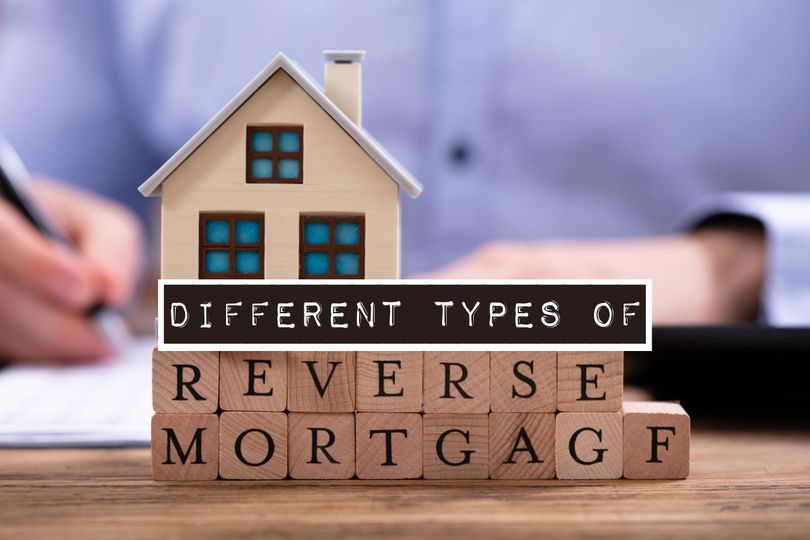When it comes to reverse mortgages, the common misconception is that they’re all the same. However, that’s far from the truth. In reality, there are several types of reverse mortgages, each serving a different purpose and designed to meet various financial needs. Whether you’re looking for government-backed mortgages, non-profit offerings, or private loans, understanding the differences between Single-Purpose Reverse Mortgages, Home Equity Conversion Mortgages (HECMs), and Proprietary Reverse Mortgages is crucial in making an informed decision that aligns with your financial goals. Let’s talk about the different types of reverse mortgages, demystifying their characteristics, and shedding light on how they could serve your financial planning.
Single-Purpose Reverse Mortgages
A Single-Purpose Reverse Mortgage, as the name suggests, can be used for one specific purpose, which is typically declared by the lender. This purpose could be anything from home improvements to property taxes, and the borrower may only use the funds for that specified reason. These mortgages are typically offered by state and local government agencies as well as some non-profit organizations. Being the least costly of all reverse mortgage options, they’re an attractive choice for low-to-moderate-income homeowners.
Home Equity Conversion Mortgages (HECMs)
Home Equity Conversion Mortgages (HECMs) are government-insured reverse mortgages backed by the Federal Housing Administration (FHA). Unlike Single-Purpose Reverse Mortgages, HECMs do not have a restriction on how the loan proceeds can be used. This makes them a flexible financial tool for homeowners, especially those who have built a substantial amount of equity in their homes. They’re often used to cover living expenses, healthcare costs, home repairs, or even to supplement retirement income. HECMs usually offer larger loan advances at a lower total cost compared to proprietary loans, making them a popular choice. However, they come with their own set of requirements, such as mandatory housing counseling, and homeowners must be at least 62 years old to apply.
Proprietary Reverse Mortgages
Proprietary Reverse Mortgages, also known as private reverse mortgages, are privately backed loans offered by financial institutions. These loans are not government-insured, and their flexibility allows them to cater to homeowners with high-value homes, offering larger loan advances than other reverse mortgages. While they do come with higher upfront costs, Proprietary Reverse Mortgages do not have any designated use for the loan proceeds, allowing homeowners to use the funds as they see fit. This makes them an appealing option for those who have accumulated significant equity in their homes and wish to leverage it for a variety of financial needs. However, as these are private loans, they may not have the same level of consumer protection as government-backed options, so homeowners are advised to proceed with caution and thorough understanding.
Understanding the different types of reverse mortgages is vital to making a knowledgeable decision that is tailored to your unique financial circumstances. Whether it’s a Single-Purpose Reverse Mortgage, a Home Equity Conversion Mortgage (HECM), or a Proprietary Reverse Mortgage, each comes with its own set of distinctions and benefits. From covering specific needs like home repairs or property taxes to offering flexibility in the use of loan proceeds, each type serves different financial planning objectives. If you’re considering a reverse mortgage, it’s crucial to weigh these options carefully, consider professional financial advice, and choose the one that aligns best with your financial goals, lifestyle needs, and home equity situation. Remember, while reverse mortgages can be a useful tool, they’re still loans that need to be approached with caution and a comprehensive understanding.
Have these insights on reverse mortgages sparked an interest in managing your financial future? If you are eager to learn more about retirement planning and the 55+ active adult lifestyle and communities, subscribe to our Active Adult Living blog and newsletter.




